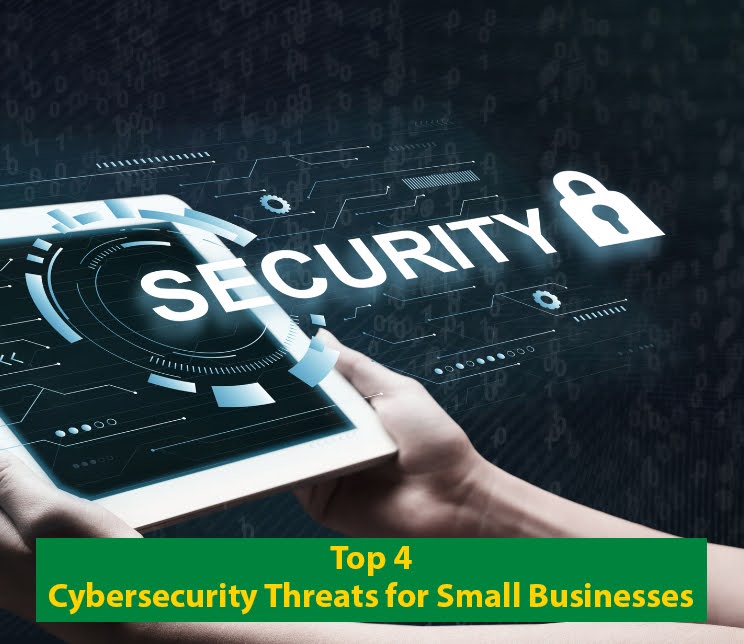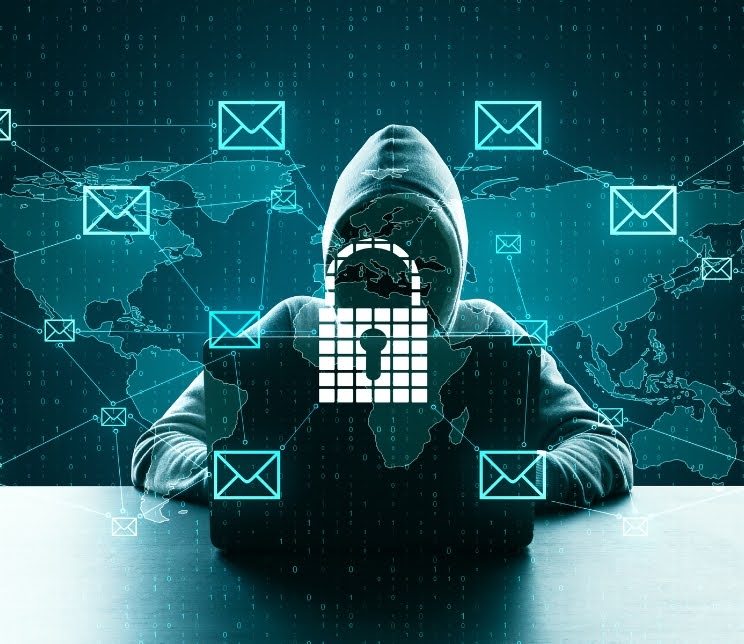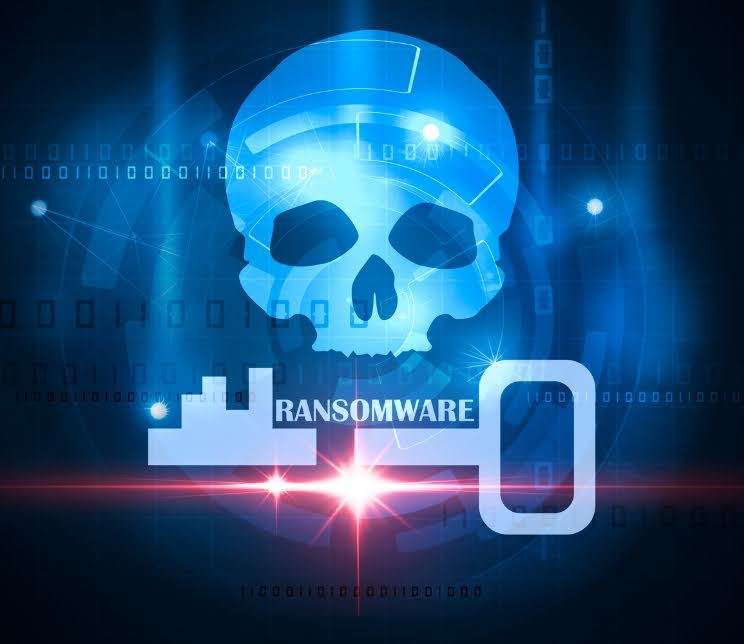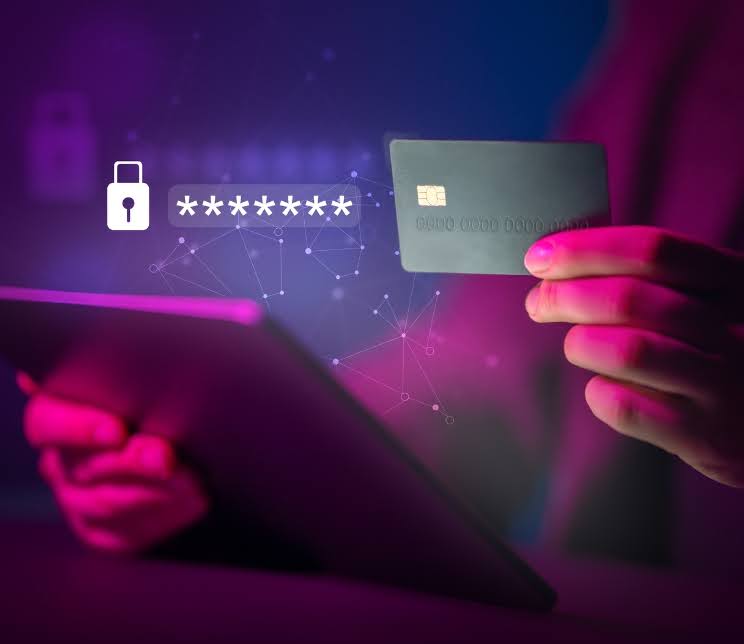Top 4 Cybersecurity Threats for Small Businesses

Introduction
Small businesses are becoming easy targets for cybercriminals because they often have weaker security systems compared to larger companies. Cyber attacks can lead to financial losses, data theft, and damage to your business’s reputation. The good news is that small businesses can take simple steps to protect themselves from these threats.
We will explain four common cybersecurity threats that small businesses face and share easy-to-follow steps to prevent them. By taking action now, you can safeguard your business and keep your data safe.
Summary
1. Phishing Attacks
2. Ransomware Attacks
3. Insider Threats
4. Unsecured Wi-Fi Networks
1. Phishing Attacks

Phishing attacks happen when hackers send fake emails that look like they are from a trusted source. These emails trick employees into clicking harmful links or entering sensitive information, such as passwords or credit card numbers.
How Phishing Can Harm Your Business:
-
Hackers can steal employee login details and gain access to business accounts.
- Clicking on malicious links can install harmful software on your computer.
- Sensitive customer and business data may be leaked or sold.
How to Prevent Phishing Attacks:
- Teach employees to recognize suspicious emails and report them.
- Use email filters to block suspicious emails.
- Enable two-factor authentication (2FA) to add an extra layer of security.
- Keep anti-virus and anti-malware software updated.
2. Ransomware Attacks

Ransomware is a type of malware (harmful software) that locks your business files so you cannot access them. Cybercriminals then demand a ransom (money) to unlock them. These attacks can stop business operations and result in major financial losses.
How Ransomware Can Harm Your Business:
- You may lose important business files if they are not backed up.
- Hackers may leak sensitive information if the ransom is not paid.
- Paying the ransom does not guarantee that files will be restored.
How to Prevent Ransomware Attacks:
- Back up important data regularly to a secure location.
- Train employees to avoid suspicious links and attachments.
- Install strong security software and update it regularly.
- Use strong passwords and enable two-factor authentication.
3. Insider Threats

An insider threat happens when an employee, either intentionally or by mistake, puts business data at risk. This could be through careless actions, like sharing passwords, or on purpose, like stealing business information.
How Insider Threats Can Harm Your Business:
- Employees may accidentally leak confidential business information.
- A former or disgruntled employee could misuse access to harm the business.
- Using personal devices for work may expose business data to cyber risks.
How to Prevent Insider Threats:
- Conduct background checks before hiring employees.
- Restrict access to sensitive business information.
- Set up network security rules to limit insider attacks.
- Provide regular training on cybersecurity best practices.
4. Unsecured Wi-Fi Networks

Many small businesses use basic Wi-Fi routers that do not have strong security. If a hacker gains access to your business’s Wi-Fi network, they can steal sensitive data or launch attacks on your systems.
How Unsecured Wi-Fi Can Harm Your Business:
- Hackers can steal business and customer information.
- Unauthorized users may access your network and slow down operations.
- Malware can spread through an unsecured network.
How to Prevent Wi-Fi Security Threats:
- Use a secure, enterprise-grade Wi-Fi router with strong security settings.
- Set strong passwords for Wi-Fi networks and change them regularly.
- Use network segmentation to separate customer and business Wi-Fi.
- Educate employees about the dangers of using public Wi-Fi for work.
FAQs:
Q.1. Why do hackers target small businesses?
A.1. Hackers target small businesses because they often have weaker cybersecurity measures compared to large companies. Many small businesses do not have IT security teams or advanced security systems, making them easy targets.
Q.2. How can I tell if my business has been hacked?
A.2. Some signs of a cyber attack include slow computer performance, unexpected pop-up messages, missing files, and unauthorized logins to business accounts. If you notice these, take action immediately.
Q.3. What should I do if my business is attacked by ransomware?
A.3. Do not pay the ransom. Instead, disconnect the infected system from the network, restore files from backups, and contact a cybersecurity expert for help.
Q.4. Is using free Wi-Fi safe for business activities?
A.4. No, using public or unsecured Wi-Fi can expose your business data to hackers. If employees must use public Wi-Fi, they should connect using a Virtual Private Network (VPN) to protect sensitive information.
Q. 5. How often should I update my business’s security software?
A.5. Security software should be updated as soon as new updates are available. Regular updates help protect against the latest cyber threats.
Conclusion
Cyber threats are a real risk for small businesses, but the good news is that you can take simple steps to protect yourself. By training employees, using strong security software, backing up your data, and securing your network, you can reduce the chances of falling victim to cyber attacks. Taking cybersecurity seriously is an investment in your business’s future. Protect your business today and stay one step ahead of cybercriminals.
To learn more, visit our website at https://srutatech.com/ or give us a call at (917) 503-1133 We’re always ready to assist with any questions you may have!

